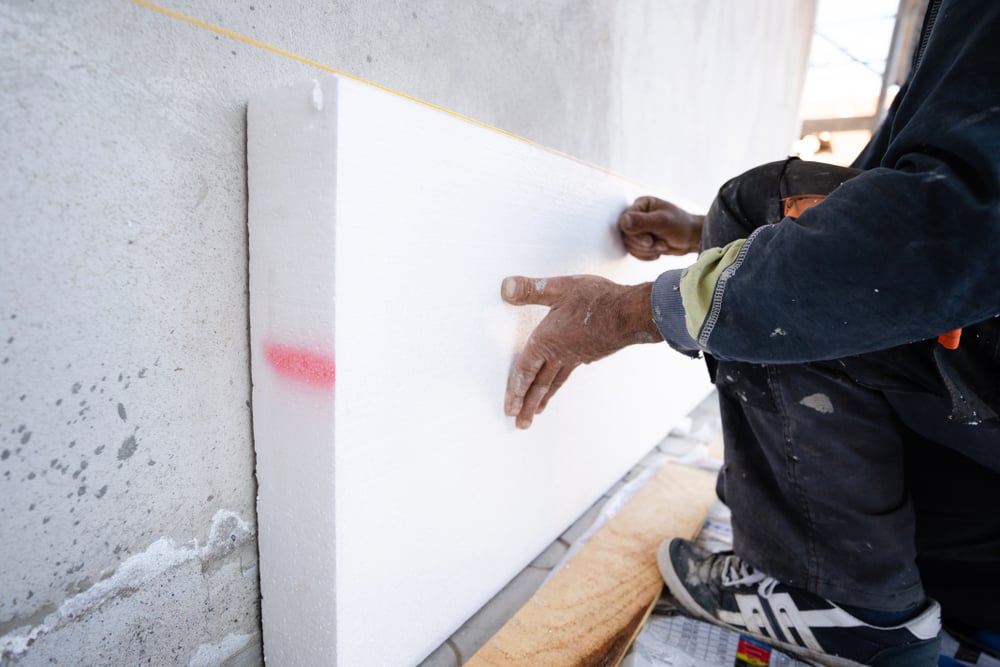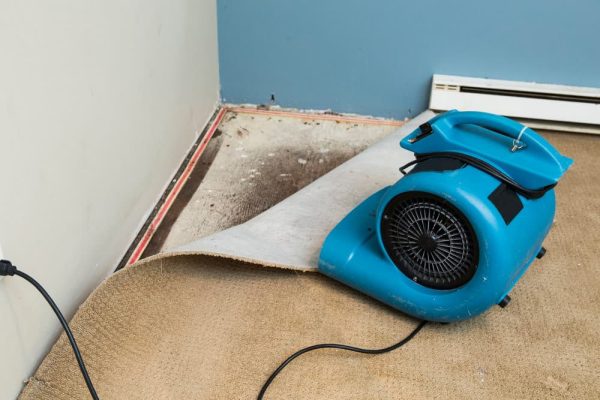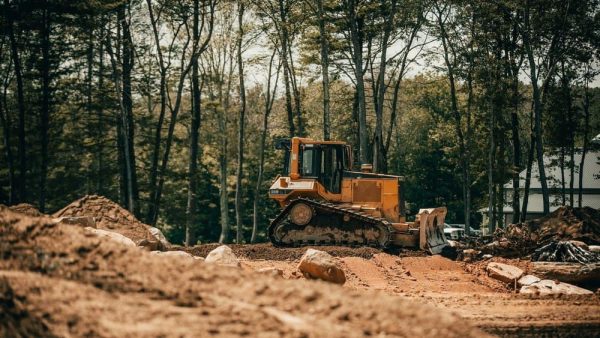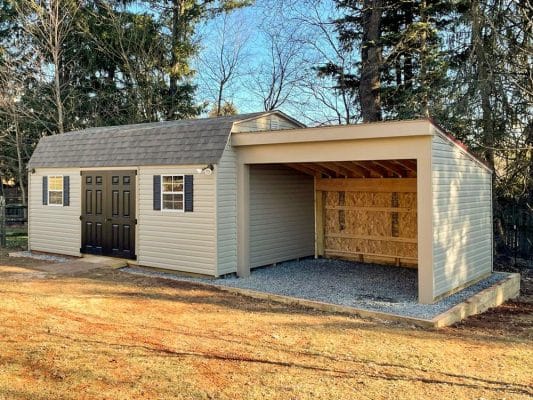
Insulation plays a vital role when it comes to creating a comfortable and energy-efficient environment in your home or building. With the multitude of insulation options available, it can be overwhelming to make the right choice. However, one insulation method that has gained popularity due to its remarkable performance is rigid foam insulation.
In this blog post, we will delve into the world of rigid foam insulation, unraveling its benefits, versatility, and why it stands out as a compelling solution for your insulation requirements. By the end, you’ll have a solid understanding of rigid foam insulation and how it can significantly enhance your space’s comfort and energy efficiency.
What is Rigid Foam Insulation?
Rigid foam insulation, or foam board insulation, is a type of insulation material made from polystyrene, polyisocyanurate, or polyurethane foam. It comes in large, rigid panels with excellent thermal resistance and moisture barrier properties.
Unlike traditional insulation, rigid foam insulation does not settle or degrade over time, ensuring long-lasting performance.
The Benefits of Rigid Foam Insulation
- Superior Thermal Resistance: Rigid foam insulation offers high R-values, indicating its excellent thermal resistance. It helps to minimize heat transfer, keeping your home warm in the winter and cool in the summer. By reducing energy consumption for heating and cooling, rigid foam insulation can significantly save utility bills.
- Moisture and Water Resistance: One of the distinct features of rigid foam insulation is its resistance to moisture and water vapor. This characteristic makes it ideal for areas prone to high humidity, such as basements, bathrooms, and crawl spaces. By preventing moisture infiltration, rigid foam insulation helps to inhibit mold and mildew growth, safeguarding indoor air quality.
- Enhanced Soundproofing: Besides its insulation properties, rigid foam insulation also acts as an excellent sound barrier. It can help reduce noise transmission from outside sources, making your home a quieter and more peaceful place to live in.
Types of Rigid Foam Insulation
- Expanded Polystyrene (EPS): EPS foam insulation is affordable, lightweight, and provides excellent insulation properties. It is commonly used in walls, roofs, and under-slab applications.
- Extruded Polystyrene (XPS): XPS foam insulation has a denser structure than EPS, offering higher R-values and improved moisture resistance. It is often used in below-grade applications and areas where moisture control is crucial.
- Polyisocyanurate: Polyiso foam insulation boasts one of the highest R-values per inch among rigid foam insulation materials. It is commonly used in commercial buildings, roofs, and wall sheathing.
Installation Considerations
- Proper Sealing: To maximize the effectiveness of rigid foam insulation, it’s crucial to seal all joints, edges, and penetrations. This ensures an airtight and moisture-resistant barrier, minimizing heat loss and potential moisture infiltration.
- Fire Safety: When selecting rigid foam insulation, consider its fire resistance properties. Some products are manufactured with fire-retardant additives to enhance safety. Always adhere to local fire safety codes and regulations during installation.
- Professional Installation: While DIY installation is possible, it’s advisable to consult with a professional insulation contractor, especially for larger or more complex projects. They have the expertise to ensure proper installation and help you achieve optimal energy efficiency.
Wrapping up
Rigid foam insulation is a highly effective and versatile solution for improving energy efficiency, reducing utility costs, and enhancing comfort in your home or building. With its superior thermal resistance, moisture resistance, and soundproofing capabilities, it stands out as an excellent choice for various applications. By understanding rigid foam insulation’s benefits, types, and installation considerations, you can make an informed decision and enjoy the long-term benefits of a well-insulated space. Stay comfortable, save energy, and embrace the advantages of rigid foam insulation!








